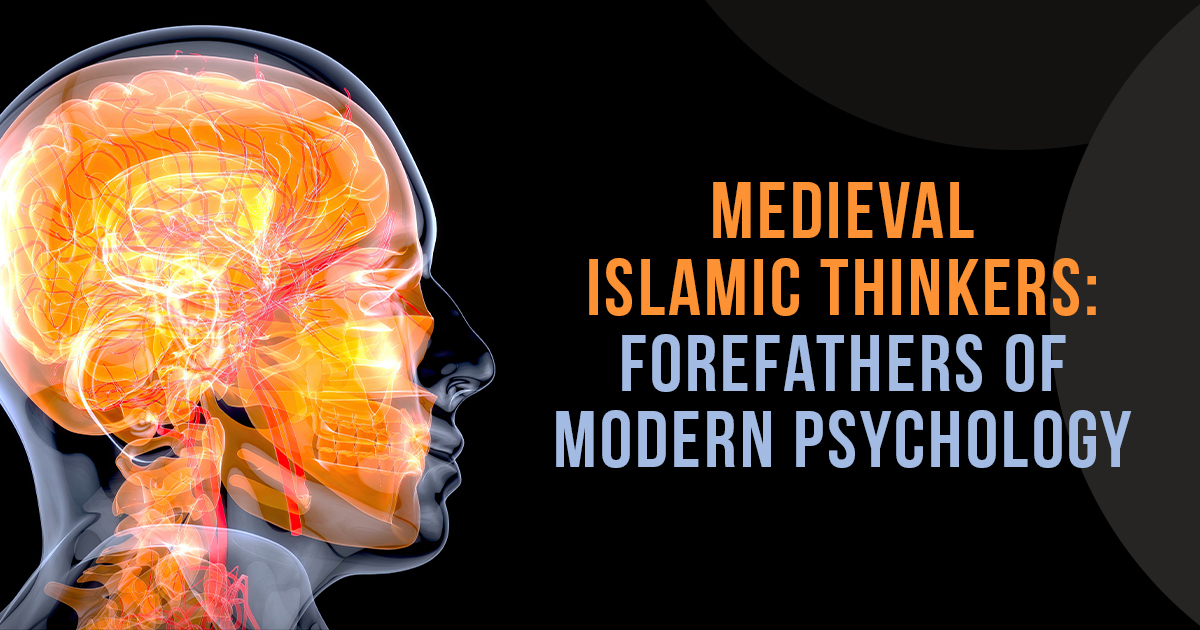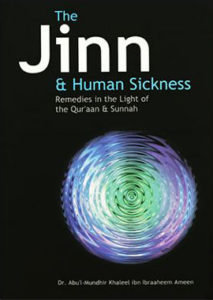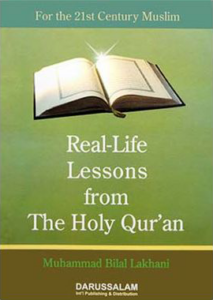In the medieval period, while Europe was meandering through the Dark Ages, the Islamic world was alight with scholars who were centuries ahead of their time, particularly in the field of psychology.
These Islamic thinkers laid the groundwork for various concepts that are now central to modern psychological thought. Let’s journey through history to discover how these medieval Islamic scholars have influenced what we know as psychology today.
Explore Our Category of Islamic History Books to Enrich Your Knowledge
Illuminating the Mind: Medieval Islamic Contributions to Psychology
The study of the human mind and behavior has roots that can be traced back to the Islamic Golden Age. Prolific scholars from this era explored the complexity of human consciousness, emotions, and cognition.
Foundational Figures in Islamic Psychological Thought:
The Bright Minds: Learning about key figures in Islamic psychology and their seminal works.
Understanding the Human Psyche: Islamic Scholarly Perspectives
Islamic scholars of the medieval period approached the study of psychology through philosophical inquiry, medical practices, and spiritual understanding.
Al-Kindi: The Philosopher of the Arabs
Regarded as the first Arabic philosopher, Al-Kindi made notable contributions to the concept of the self.
Known for integrating Greek thought, he emphasized the healing power of the soul on the body.
Al-Razi: The Clinician and Philosopher
Al-Razi, also known as Rhazes in the West, was a polymath who wrote extensively on medicine and psychology.
He is credited with penning one of the first books dedicated specifically to psychology, “El-Mansuri”, and “Kitab al Tibb al-Ruhani”.
Ibn Sina: A Giant in Medical Psychology
Ibn Sina (Avicenna), famed for his work “The Canon of Medicine”, delved into psychophysiology and the impact of emotions on health.
His books “al-Shifa” (The Healing) and “al-Najat” (Deliverance) contain chapters examining psychotherapy and the nature of the psyche.
Read More: What is The Concept of Psychology in Islam?
Al-Ghazali: The Mystic Psychologist
Al-Ghazali discussed psychological aspects of the human experience within the framework of Sufism, emphasizing the purification of the heart.
His monumental work “Ihya’ ‘Ulum al-Din” (Revival of the Religious Sciences) is revered for blending psychology and spirituality.
Ibn Khaldun: The Social Psychologist
He introduced concepts that would be analogs to social psychology, discussing group feelings and social bonds in his magnum opus “Muqaddimah”.
The Scientific Methods: Pioneering Research Techniques
Medieval Islamic scholars applied empirical methods and observations that can be seen as precursors to modern psychological practices.
Innovations in Treatment
Applied Psychotherapy: Al-Razi implemented music therapy and occupational therapy in mental health hospitals in Baghdad.
Individual Differences: These scholars addressed psychological variation among individuals, a concept echoed in today’s psychological assessment.
Contributions that Outlived an Era: Lasting Influences
The impact of these medieval Islamic thinkers on today’s psychology is reflected in various areas from ethical guidelines to therapeutic practices.
Psychotherapy and Ethical Concerns
Holistic Approaches: Emphasis on ethical and moral considerations within the therapeutic process.
Client-Centered Therapy: Recognizing the individual needs of patients, aligning closely with Carl Rogers’ later approaches.
Bridging Cultures: Islamic Psychology and the Western Canon
The transfer of knowledge from these Muslim scholars to the West played a significant role in the Renaissance and Enlightenment periods, which paved the way for modern psychology.
The Translation Movement
Greek to Arabic to Latin: The translation of Greek philosophical and scientific works into Arabic, and then into Latin, acted as a bridge for the flow of knowledge.
Educational Reforms: The founding of hospitals and universities based on Islamic models facilitated the learning of psychological practices.
Learn More: What does the Quran say about Mental Health?
Engaging with an Intellectual Legacy
To fully appreciate the breadth of psychological science, one must consider the contributions of these historic Islamic figures.
Respecting Diverse Roots of Knowledge
Acknowledging the multicultural origins of psychology’s fundamental components.
Exploring historical figures in psychology curriculums to provide a comprehensive understanding.
The Intersection of Then and Now: Medieval Islamic Wisdom in Modern Times
The foresight and intellectual courage of these medieval Islamic thinkers established principles that echo loudly in the halls of modern psychology.
Continual Relevance
The teachings of these scholars continue to inspire, and their methodologies find relevance in contemporary practice.
Encouraging cross-disciplinary research and recognition of the spiritual dimensions of mental health treatment.
Conclusion: Embracing a Legacy of Knowledge
The recognition of Islamic scholars as forefathers of modern psychology is a testament to the timelessness of their work. Their insights serve as a reminder that the quest to understand the human mind transcends culture and epochs.
These scholars’ contributions have shaped not only psychology but also the broader vista of human knowledge. Their legacy is a rich and lasting one, continuing to offer wisdom and insight long after their time.
FAQs About Medieval Islamic Thinkers and Modern Psychology
How did medieval Islamic scholars influence modern psychology?
Medieval Islamic scholars introduced early concepts of the psyche, empirical observation, and holistic treatment which laid the groundwork for various modern psychological theories and practices.
Are there any specific psychological theories derived from Islamic philosophy?
Islamic philosophy has contributed to many aspects of psychological thought, including the treatment of emotions, understanding of neurological functionalities, and the therapeutic impact of spirituality and ethics.
What’s the significance of ‘The Canon of Medicine’ by Ibn Sina in psychology?
‘The Canon of Medicine’ by Ibn Sina provided extensive insights into psychophysiology and the treatment of mental conditions, influencing the understanding of the connection between mind and body.
Can the psychological practices of these medieval scholars be applied today?
Yes, many of their approaches, such as the holistic treatment of patients and the emphasis on psycho-spiritual harmony, are resonant with contemporary holistic and integrated treatment models.
Why is it important to study the works of these medieval Islamic thinkers?
Studying the works of medieval Islamic thinkers broadens the historical and cultural context of psychological science and appreciates the shared intellectual heritage that contributes to current knowledge.













